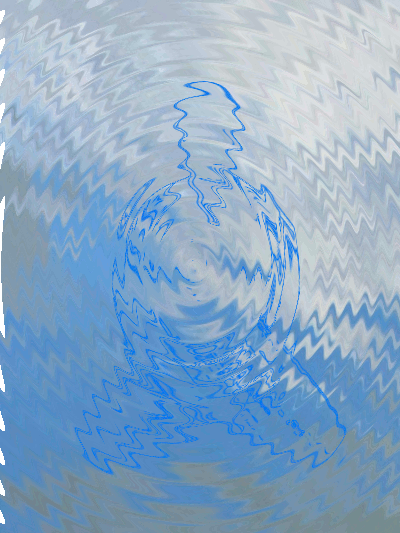Wellness or Worry? How to Support, Not Micromanage Your Health
Scroll through Instagram and you’ll see a thousand ways to “optimise” yourself — green juices, supplements, red-light panels, cryotherapy chambers, endless hacks promising longer life.
But here’s a thought: are we building our wellness habits from trust in the body, or from fear that it might let us down?
Fear vs. Trust — Where Are You Leading From?
So much of modern wellness is marketed on what could go wrong: ageing, fatigue, weight gain, brain fog. Add a feed full of “perfect” morning routines, and it’s easy to chase trend after trend just to feel safe.
But fear rarely builds sustainable health. When you lead from trust — knowing your body is intelligent, resilient and resourceful — the choices you make look calmer, slower, and often simpler.
Ask yourself:
• Am I adding this because it genuinely supports me, or because I’m scared of missing out?
• Would I still do this if nobody on social media ever knew?
The Body’s Remarkable Design
Your body isn’t a fragile gadget waiting to break. It’s an adaptive, self-healing ecosystem. Every second:
• DNA is repaired
• Gut lining renews every 3–5 days
• Skin replaces itself every few weeks
• Your liver quietly filters, your immune system scouts and learns
Humans have survived ice ages, drought, famine and feasts. Across the globe, centenarians thrive without cryo chambers or collagen shots — often with little more than fresh air, movement, and strong community ties.
When the Environment Gets Loud
If our biology is so capable, why do so many of us feel we have to fight to stay well? The truth: our bodies were designed for forests, oceans, sunlight, clean air, rest, and shared meals — not for:
• Constant notifications and “always-on” work
• Ultra-processed foods and disrupted sleep
• Polluted air and artificial lighting
• Loneliness or overstimulation
These man-made stressors can overload even the most brilliant biology. That’s where supportive tools come in — not because the body is weak, but because we’ve built an environment it was never meant to handle.
Tools vs. Crutches
Green juices, red light, saunas, supplements, therapy: they can all help rebalance a landscape that’s out of sync with our natural design. The key is how we relate to them:
• As allies — gentle supports helping you undo environmental wear and tear
• Or as crutches — frantic fixes driven by fear or comparison
Try reframing: What one foundational shift (sleep, sunlight, real food, connection) might support me more than adding another “hack”?
Longevity Lessons From the Everyday
Look at “Blue Zones,” places where people often live past 100. Their common threads aren’t exotic: natural movement, strong purpose, time outdoors, unprocessed meals, laughter, belonging. Most don’t chase the latest therapy — they build steady environments where health quietly lasts.
A Gentle Call to Audit Your Environment
Wellness isn’t just inside your body; it’s the air you breathe, the room you sleep in, the people and feeds you let close. A quick check:
• How often do you step outside for light and fresh air?
• Is your screen time stealing moments your body uses to recover?
• Could one nourishing meal with friends restore you more than another supplement?
Sometimes the most radical act is clearing space for your body’s built-in intelligence to do its job.
Re-centering Wellness
At Fallon, we believe wellness isn’t about outsmarting your biology — it’s about supporting it. Start with simple, steady practices: real food, daily movement, sunlight, laughter, meaningful connection, rest. Let therapies be the bonus layer, not the foundation.
Trust your body. It was built for brilliance. Give it the right environment — physically, mentally, socially — and it’s capable of more than you think.
“Wellness is less about fixing what’s broken, and more about clearing the clutter so your body can do what it’s always known how to do.”
Love from Fallon, with intention xox
Disclaimer
The content provided in our articles is provided for information purposes only and is not a substitute for professional advice and consultation, including professional medical advice and consultation; it is provided with the understanding that Fallon is not engaged in the provision or rendering of medical advice or services. The opinions and content included in the articles are the views only and may not be scientifically factual. You understand and agree by reading anything on our website that Fallon shall not be liable for any claim, loss, or damage arising out of the use of, or reliance upon any content or information published. You acknowledge and agree that Fallon, its authors, and contributors are not liable for any adverse reactions or consequences resulting from the use or misuse of the information provided. Always exercise caution and prioritise your health and safety. Images are from Pinterest, if you know the original creator please let us know, so that we can credit them.

